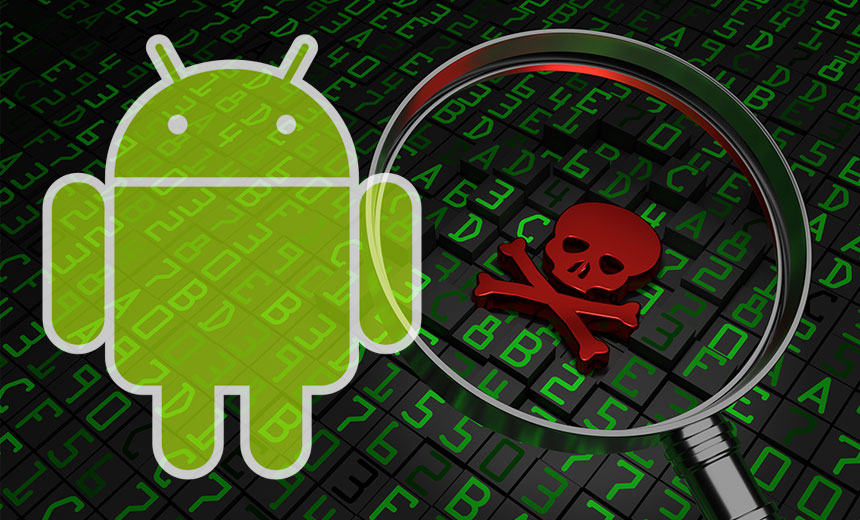With the Covid-19 outbreak having locked us inside, mobile initiatives have emerged as a top priority among organizations to ensure that employees can continue working. Moreover, research has shown that when employee mobility increases, there’s a significant improvement in the operations and productivity of an organization.
In addition to that, people themselves spend much more of their free time online. Instead of visiting friends or going on trips, users might simply use video conferencing programs or shop from online stores.
Sometimes, all these activities happen from users’ beds, with them doing everything over their Android smartphones. This connectivity and accessibility are advantages, but they have some pitfalls as well. For instance, hackers and other vicious entities continuously target users. Let’s find out just what threats await Android users.

Phishing attacks
Phishing attacks occur when criminals send fake emails with an intention to trick your employees into parting with sensitive information like their passwords or to trigger malware download into their devices. There are many examples of SMS phishing attacks, and it is rather easy to become a victim. For instance, you might receive a message urging you to follow a link. It might relate to your bank statements, orders, or tax payments. After clicking that link, you will likely enter a malicious website.
Raising awareness about phishing is the best way to counter them. Always pay attention to the source of certain messages. If you see an unknown phone number, run a quick search to find its association. If it is not mentioned online as a reliable source, contact the appropriate services (like your bank) to check if everything is fine.
Spyware
Spyware invades a mobile device when a user has inadvertently clicked on a malicious advertisement, and they are used to survey or collect data about the user. They may also be downloaded through scams.
Stalkerware is also one of the dangers menacing Android users. And it might not even be installed by unknown actors. In some cases, spouses, family members, or friends could secretly taint your device with tools aimed to track you. Thus, it is always important to check whether your device is free from any unnecessary software.
Lost Devices
While lost and stolen devices have always been a threat to security, both individual and organizational, they are even more of a threat now as with remote working having caught on; people are accessing information from a variety of devices and myriad places like a coffee shop or airports.
How can you protect yourself? The basics first: try to keep your devices as safe as possible. You can also install software that helps you keep track of your phone.
Unsecured Wi-Fi
With wireless hotspots being easily accessible, there’s a tendency in all of us to save on our cellular data. This urge makes us ignore the fact that most free Wi-Fi networks lack proper security.
Three British politicians were hacked pretty easily by technology experts after they had agreed to participate in a free wireless security experiment. The politicians had their PayPal, VoIP conversations, and their social media accounts compromised. Authentic-looking Wi-Fi networks are set up by cybercriminals which are only a trap they use to capture all data passing through their systems: more commonly referred to as a “man in the middle” attack.
The most effective way to protect your data from being breached by criminals through a public Wi-Fi attack is having a VPN. A Virtual Private Network (VPN) is a major boost to security as it encrypts the connection between an individual device and the internet. It hides the IP address of the user, which makes it impossible for anyone to perform IP-based tracking. With the user’s online identity hidden, their security and privacy are greatly enhanced.
Conclusion
The environment we live in is increasingly getting unsafe. The mobile devices we use are under constant threat. We should therefore take every precaution to protect ourselves. Our article on the threats we face and how we can protect ourselves should help raise your awareness. You should never drop your guard, and we urge you to always stay cautious. Furthermore, your protection measures should extend to all devices you have. Thus, safeguard your smartphones, tablets, and computers the best way that you can.



